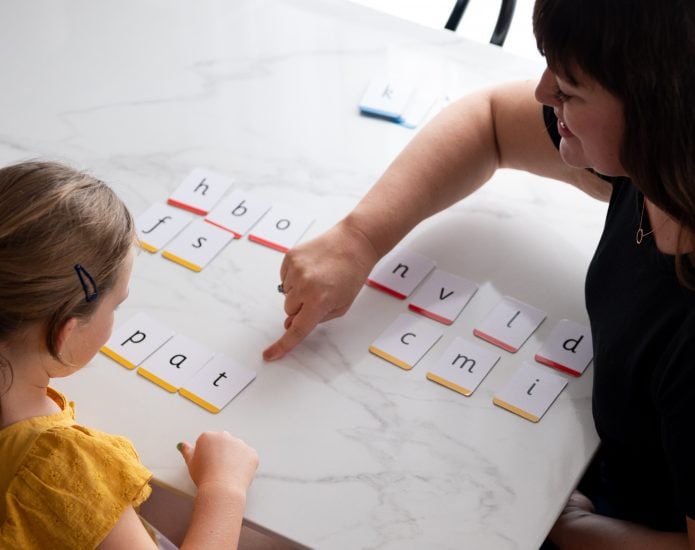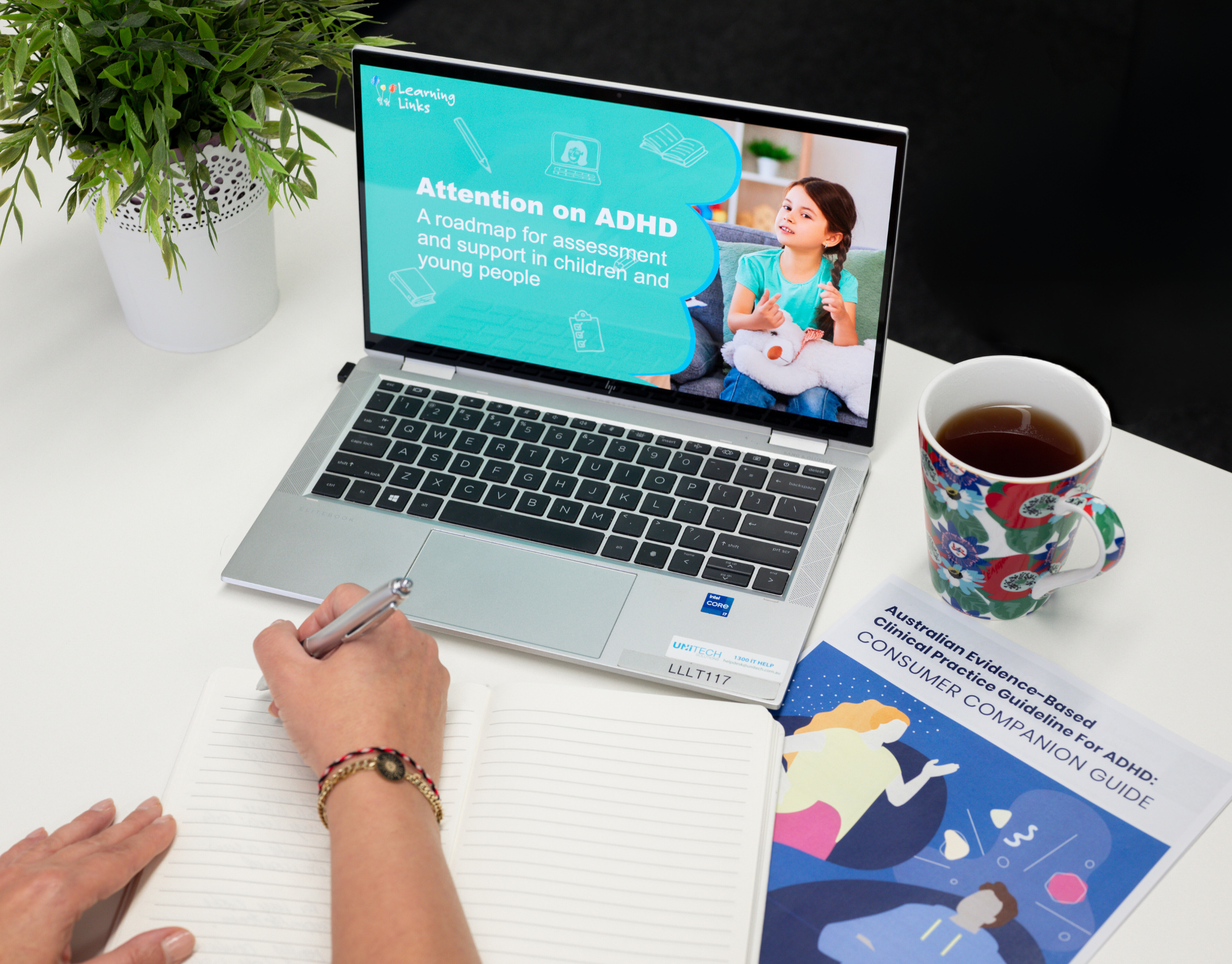Support Options for Children with ADHD
There is no cure for ADHD but education and treatment can help children cope and succeed at home and school.
Most experts believe that ADHD is best treated through a multi-modal approach that involves parents, teachers, and medical and mental health professionals. The Australian Clinical Practice Guidelines for ADHD, released in 2022, outline the recommended support options based on the latest research and evidence as well as the lived experiences of people with ADHD.
Recommended support options include:
Medication
There are many prescription medication options currently available for the treatment of ADHD. These prescription drugs act to normalise the imbalance in the brain’s neurotransmitter chemicals. Stimulant medications such as Ritalin and dexamphetamine are the most common forms of medical treatment.
Medication does not cure ADHD but can help to ease the symptoms to help children better engage in their education. In most children, it can provide a short-term decrease in the characteristic behaviours of inattention, impulsivity and hyperactivity, but does not increase knowledge, improve academic skill or social adjustment.
Lifestyle changes
Making changes to diet, exercise or activity levels, and sleep patterns does not directly treat ADHD but can help to improve overall daily functioning, quality of life and the child’s ability to manage symptoms.
Individuals with ADHD are also at a higher risk of developing an anxiety disorder. Anxiety and stress can make ADHD symptoms more difficult to manage, so managing stress through time management, organisation methods, regular exercise, and mindfulness is recommended.
Cognitive Behavioural Therapy
Cognitive Behavioural Therapy (CBT) does not treat ADHD specifically but can help to address some of the emotional and behavioural challenges that may occur alongside it. The goal of CBT is to challenge negative or unhelpful thought patterns and learn practical self-help and problem-solving strategies. CBT can help to manage feelings of anxiety, low self-esteem and emotional dysregulation, which can also improve their capacity to manage ADHD symptoms.
Parenting Skills Training
It is important to note that ADHD is not caused by bad parenting. However, providing families with education around ADHD and training in different parenting skills and support strategies can have significant benefits for the child’s overall outcomes.
Classroom Support
Students with ADHD are entitled to classroom adjustments under the Disability Standards for Education (2005), part of the Disability Discrimination Act (1992). Speak to your child’s school about developing an Individualised Learning Plan and appropriate accommodations. Some common adjustments for a child with ADHD include:
- Providing instructions in multiple formats
- Wearing headphones to reduce background noise
- Modifying tasks to align with interests
- Extra time to complete homework and assignments
- Extra time and breaks during exams
- Opportunity to ask questions before an exam starts











